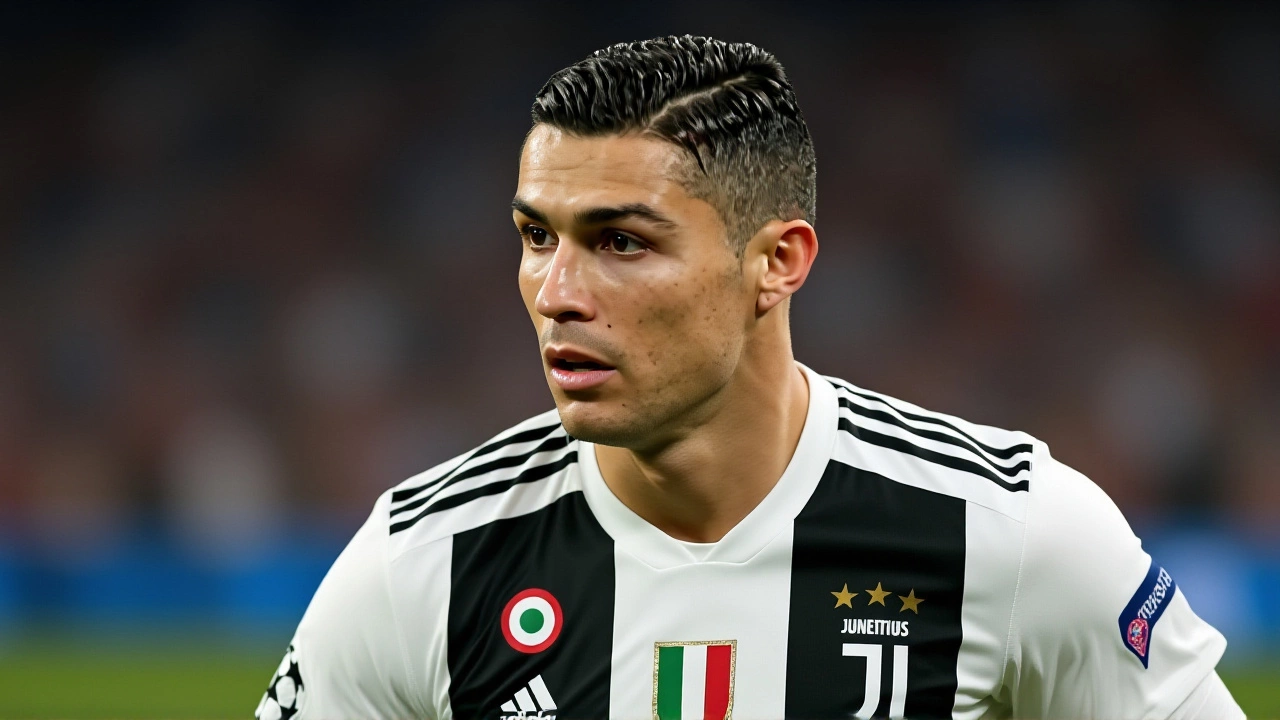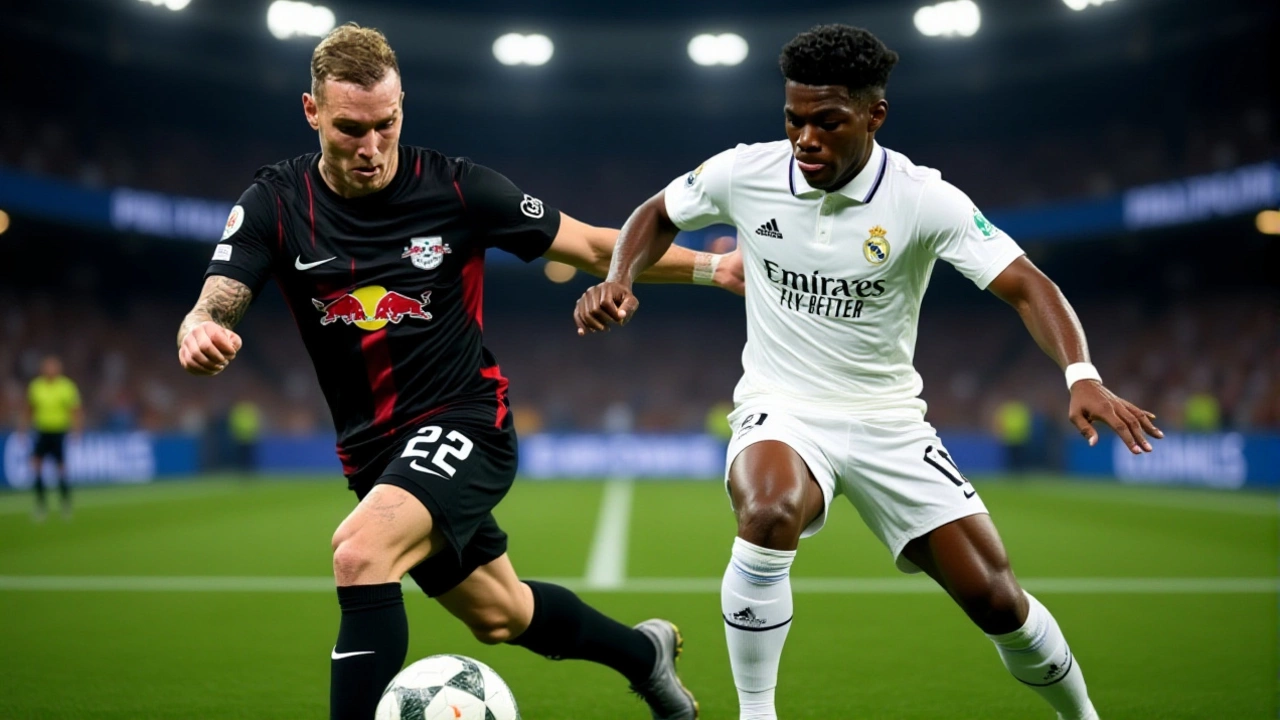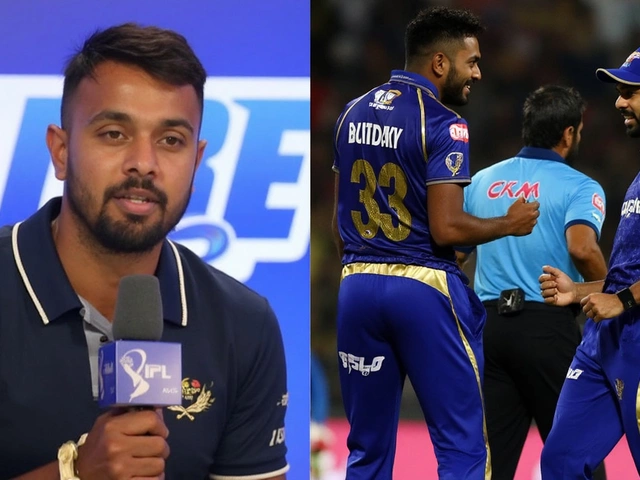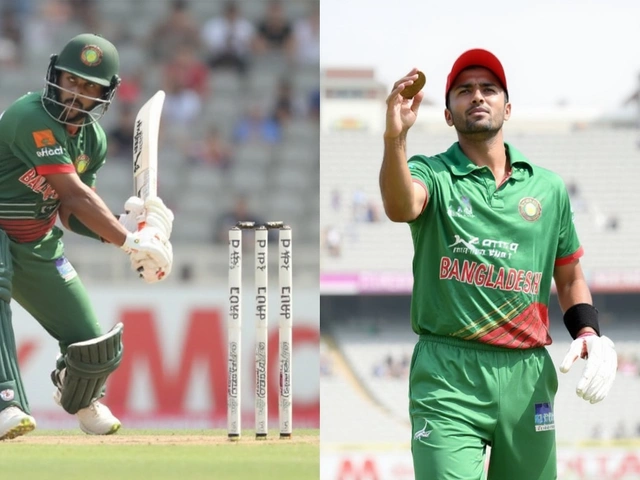When UEFA unveiled the 2024‑25 UEFA Champions League round of 16 drawNyon, Switzerland on Friday, February 21, the continent’s elite clubs learned who they'd battle next in Europe’s premier knockout stage. The headline clash? Paris Saint‑Germain drawn against Liverpool. The draw also set a Madrid derby at the very top of the ladder, pitting Real Madrid against city rivals Atlético Madrid. Here’s why fans should already feel the stakes rising.
Draw Overview and Immediate Reactions
In a sleek ceremony streamed from UEFA’s headquarters, Aleksander Čeferin, the federation’s president, pulled the first ball and set the tone for what looks to be a dramatic knockout round. The eight ties formed a mix of familiar duels and fresh confrontations: Bayern Munich versus Bayer Leverkusen, Inter Milan against Feyenoord, and a surprise encounter between Borussia Dortmund and LOSC Lille.
Fans on social media reacted instantly. Liverpool supporters posted nostalgic clips of past European nights, while PSG fans joked about finally meeting a “real” English side after years of friendly fixtures. The general consensus? This draw could decide the narrative of the entire season.
Matchups and Key Storylines
The pairings read like a who's‑who of modern football. Paris Saint‑Germain vs Liverpool offers a clash between Kylian Mbappé’s lightning speed and Mohamed Salah’s seasoned finishing. Meanwhile, Barcelona travel to Portugal to meet Benfica, reviving a rivalry that once defined the early 1990s.
In Germany, an all‑German showdown between Bayern Munich and Bayer Leverkusen could become a de‑facto semi‑final if the Bavarians keep their clean‑sheet form. Across the Alps, Inter Milan finds themselves opposite Dutch side Feyenoord, meaning the last remaining Serie A representative must weather a gritty Dutch test.
England’s own Arsenal travel to Eindhoven, hoping to bounce back from a shaky start to the season. Their opponent, PSV Eindhoven, will rely on home‑grown talent to upset the Gunners’ high‑press.
Playoff Upsets that Shook the Field
Before the draw, the playoff round delivered some of the season’s biggest surprises. AC Milan, Juventus, and Manchester City all bowed out, leaving a noticeable void in the competition’s traditional power balance.
Real Madrid, Bayern Munich, and Borussia Dortmund survived the cut, confirming they still have the depth to go deep. Italy’s representation shrank to a single club—Inter Milan—after Atalanta and other Italian sides fell in the earlier stage.

Schedule, Bracket Paths, and What It Means
The first‑leg fixtures kick off on March 4‑5, 2025, with the return legs a week later on March 11‑12. A month‑long lull follows, giving teams a breather before the quarter‑finals begin on April 8.
UEFA also set the bracket for the next rounds: the winner of PSG‑Liverpool meets the victor of Club Brugge‑Aston Villa, while the Real‑Atlético winner will clash with the outcome of PSV‑Arsenal. This layout means a potential all‑English semi‑final could emerge if Arsenal continue their scoring binge.
Looking further ahead, the final is slated for May 31, 2025, at the Allianz Arena in Munich, Germany. Should Bayern Munich make it, they’ll get a home‑field advantage that could tilt the balance in their favour.
First‑Leg Results and Early Surprises
Early March delivered drama. PSG edged out Liverpool on penalties after a 1‑1 aggregate dead‑heat, with the French side clinching the shoot‑out 4‑1 after extra‑time. Aston Villa blew past Club Brugge 6‑1 on aggregate, proving their summer signings are paying off.
In Madrid, the derby went to penalties too, with Real Madrid prevailing 4‑2 after a 2‑2 aggregate result. Arsenal demolished PSV Eindhoven 9‑3, highlighting a newfound offensive fluency under their new manager.
Barcelona turned the tables on Benfica, winning 4‑1 on aggregate, while Bayern Munich dominated Bayer Leverkusen 5‑0, keeping their defensive record intact. Inter Milan wrapped up Feyenoord 4‑1, securing a solid road win that many pundits say could be the springboard for an Italian resurgence.

Implications for the Rest of the Season
These outcomes reshape the European hierarchy. Liverpool’s early exit will force Jurgen Klopp to reevaluate his squad’s depth, especially with domestic fixtures piling up. PSG’s advancement, despite a shaky start, validates their heavy investment in star power.
German football fans now have a clear favorite: Bayern’s clean sheet run suggests they’re the team to beat, yet Leverkusen’s resurgence under Xabi Alonso keeps the storyline alive. Meanwhile, the English clubs—Arsenal and Liverpool—represent a possible resurgence of Premier League dominance.
For smaller markets, the success of clubs like Lille and Feyenoord reminds us that tactical astuteness can still upset the traditional giants.
Looking Ahead to the Final
If the current form holds, the May 31 showdown at the Allianz Arena could feature a Bavarian classic: Bayern versus PSG, or perhaps a surprise Arsenal‑Real Madrid finale. Regardless, the venue itself adds an extra layer of excitement—Munich’s vibrant atmosphere and the stadium’s iconic roof make it a perfect stage for the season’s climax.
As the knockout phase tightens, the narrative will likely revolve around which team can blend experience with fresh energy. One thing’s for sure—football fans across Europe will be glued to their screens, waiting for that decisive moment when a single goal decides the fate of a continent.
Frequently Asked Questions
How does the round‑of‑16 draw affect Premier League clubs?
Both Liverpool and Arsenal now face tough European opponents, meaning they’ll need deeper squads to balance domestic league matches. A congested schedule could strain their rotation options, potentially impacting their title challenges.
What were the biggest upsets in the playoff round?
The elimination of AC Milan, Juventus, and Manchester City shocked many analysts. Their early exit opened the door for clubs like Borussia Dortmund and Real Madrid to dominate the round‑of‑16 field.
When and where will the Champions League final be played?
The final is scheduled for May 31, 2025, at the Allianz Arena in Munich, Germany. The venue will host fans from across Europe and offers a home advantage if Bayern Munich reaches the showdown.
Which team has the toughest path to the final?
Paris Saint‑Germain’s route looks especially demanding. After a possible semi‑final against the winner of the Arsenal‑Real Madrid quarter‑final, they could meet an equally hungry side in the final, making their journey the most challenging.
What impact will the draw have on TV viewership?
High‑profile clashes like PSG‑Liverpool and the Madrid derby are expected to draw record audiences, especially in the UK, France, and Spain. Broadcasters have already reported a surge in subscription sign‑ups ahead of the knockout nights.



